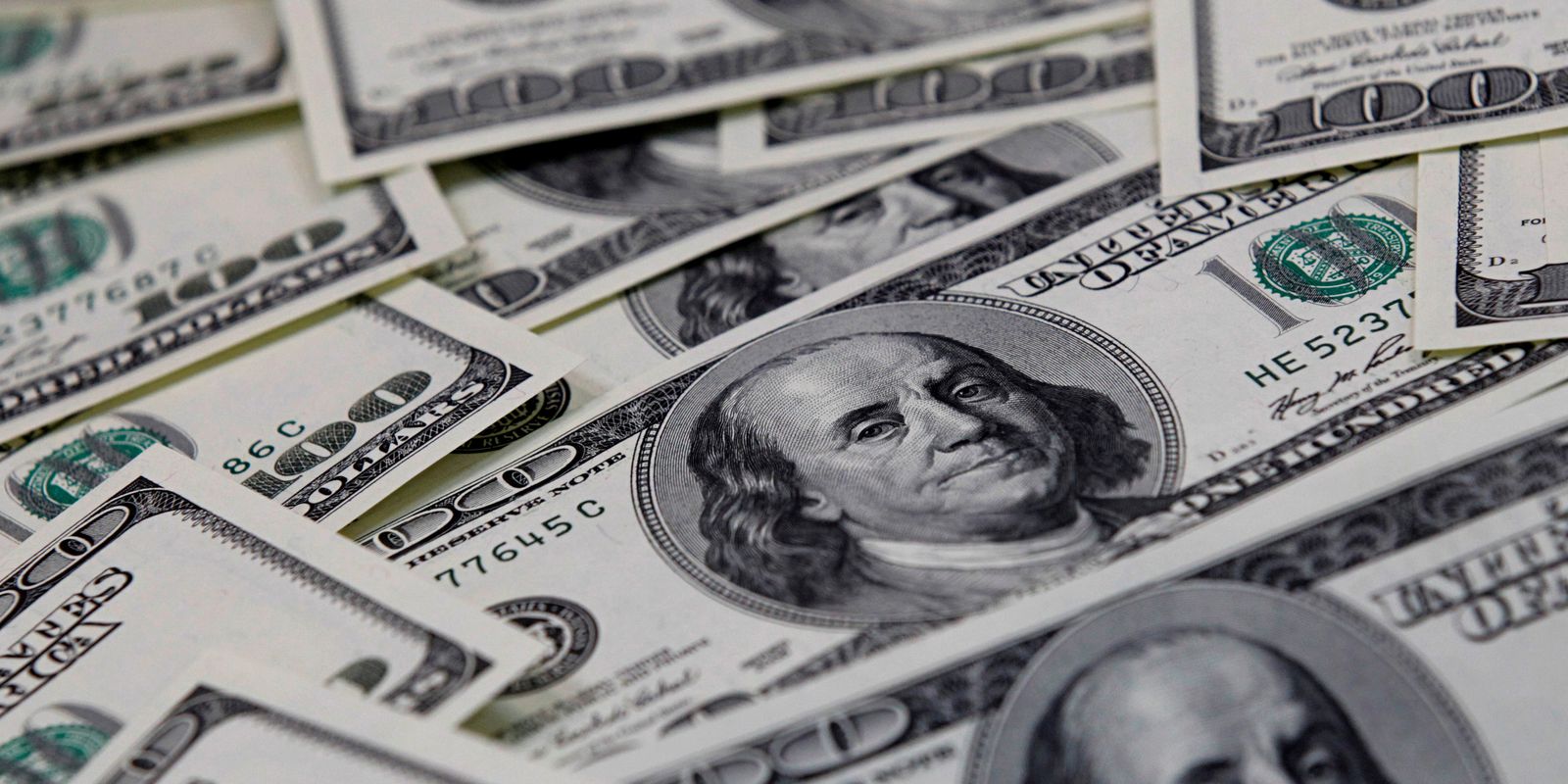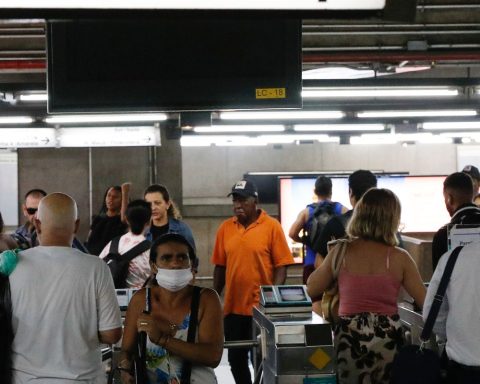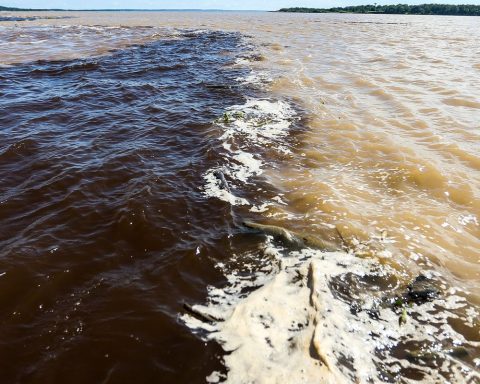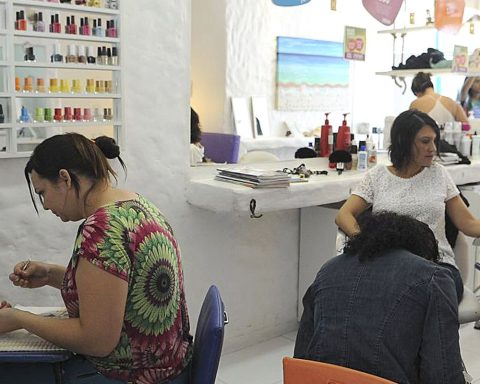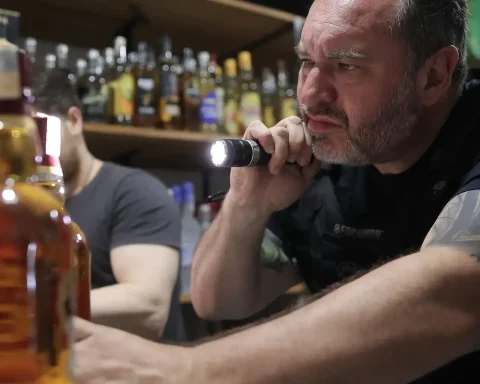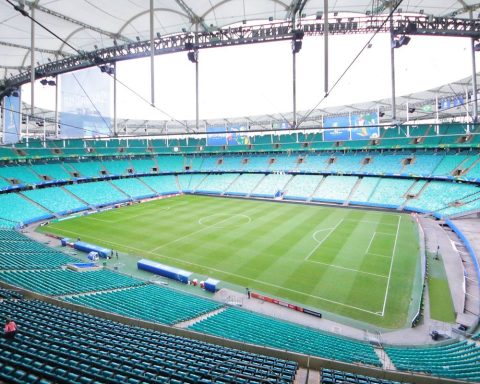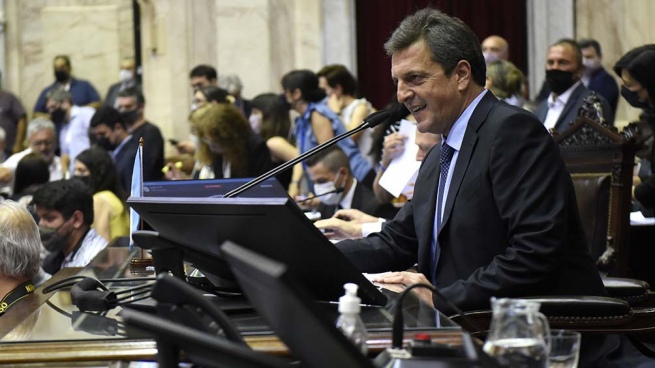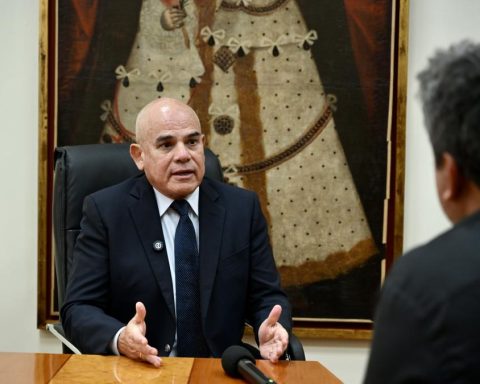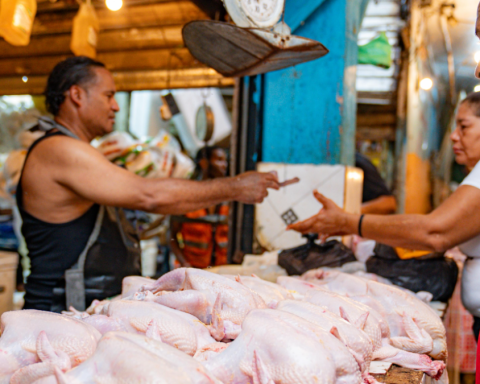Amid the covid-19 pandemic, the stock of foreign investments in Brazil’s productive sector fell 12.4% or R$ 108.5 billion in 2020. The data are in the Direct Investment Report released today (22) by the Central Bank (BC).
Last year, the total position of direct investment in the country (DDI) reached US$ 765.4 billion, against US$ 873.9 billion in 2019. According to the autarchy, the decline can be explained “especially by the variation by exchange parities ”, which was negative by US$ 140.1 billion. Net investment inflows totaled US$ 33.4 billion and were below the average of recent years, due to the effects of the pandemic, according to the BC.
Most of the investments last year were in equity participation, US$ 521.3 billion. This modality includes, for example, the purchase of new companies and the reinvestment of profits obtained in the country. The remainder, US$ 244.1 billion, was in intercompany operations, such as loans from the parent company abroad for the branch in Brazil.
Considering the economic activity sectors, the services sector concentrated 59% of investments in capital participation, especially in financial services (21%). Next come the industrial sectors, with 30% of the investments, and agriculture, livestock and mineral extraction, with 10% of the resources invested in Brazil.
The total position of direct investment abroad (FDI), of Brazilians abroad, reached US$ 447.9 billion in 2020, comprising US$ 411.5 billion in capital participation and US$ 36.4 billion in the modality intercompany operations. The FDI position in 2020 is the highest value in the series and registered an increase of US$ 31.4 billion compared to 2019, when it was US$ 416.5 billion.
In 2020, the profitability of IDP and FDI companies reached 5.3% and 3.2%, respectively, lower than those observed in 2019.
Information from the Direct Investment Report was collected by the survey of Brazilian Capitals Abroad (CBE) and by Census of Foreign Capital in the Country, both previously disclosed by BC.
